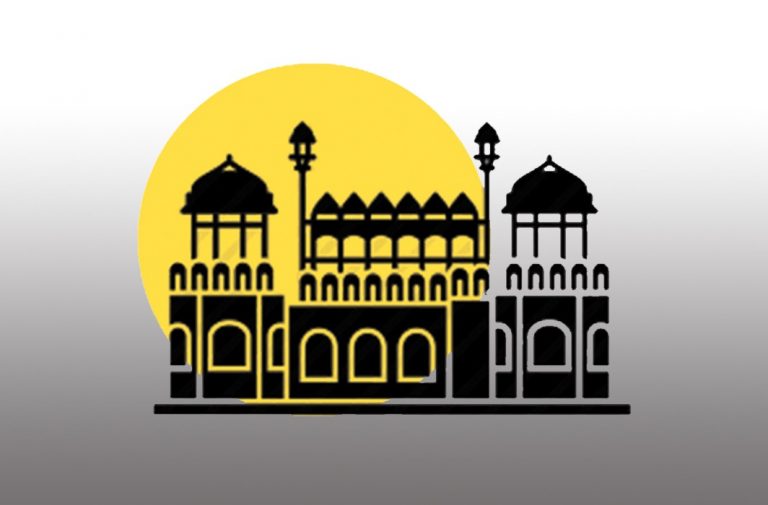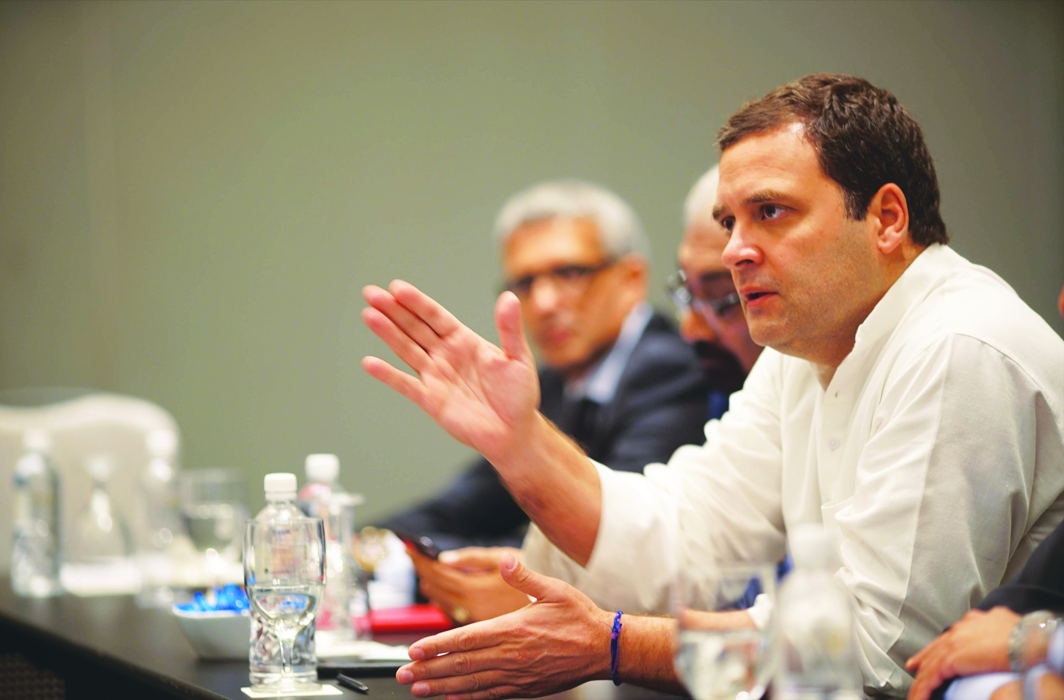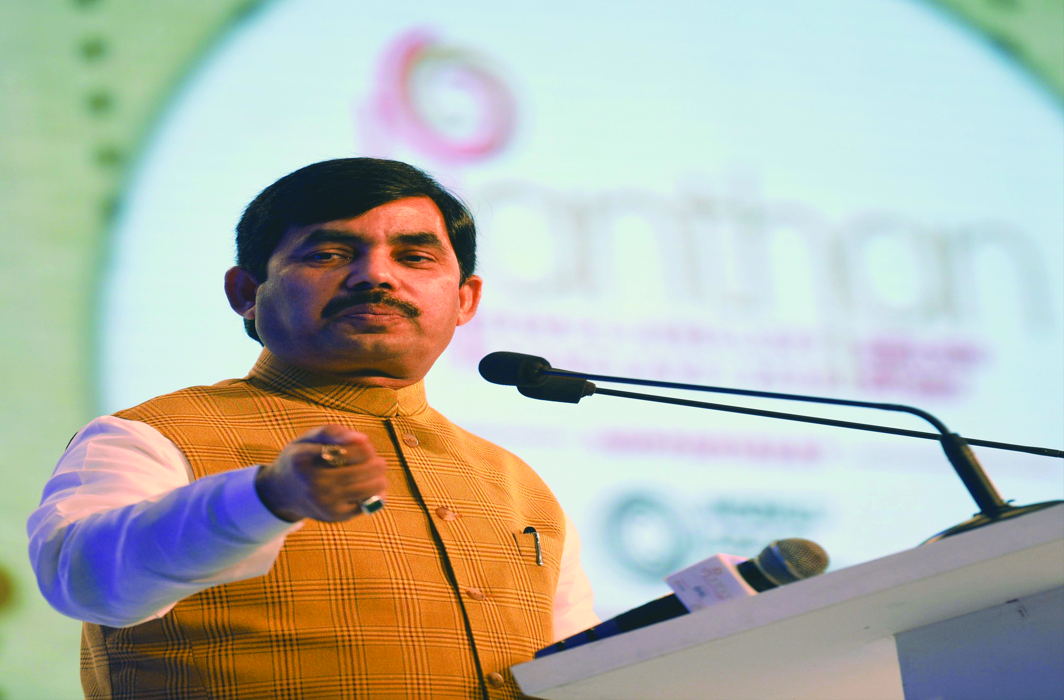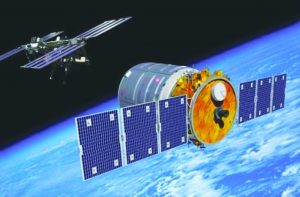
“Pappu’s” Gauntlet
 In the waning days of the campaign for Karnataka, nothing seems to have miffed the apparently unflappable Narendra Modi more than Rahul Gandhi’s remark, in answer to a hypothetical question, that his becoming prime minister was a possibility if the Congress emerged as the largest party in the 2019 general election.
In the waning days of the campaign for Karnataka, nothing seems to have miffed the apparently unflappable Narendra Modi more than Rahul Gandhi’s remark, in answer to a hypothetical question, that his becoming prime minister was a possibility if the Congress emerged as the largest party in the 2019 general election.
Rahul’s statement was not an assertion but a statement of probability modified by circumstances. Modi’s spin doctors believed that this was the young Congress leader’s fatal political gaffe a la Mani Shankar Aiyar during the last Gujarat elections, which opened the Congress campaign to a series of low blows from Modi. These strategists believed Rahul’s statement would lead to howls of protests from other opposition leaders like Mamata Banerjee and Mayawati who are also looking at the prime ministerial prize should opposition unity deal a defeat to Modi in 2019.
But all the big players from the opposition—and their chief backroom strategist Sharad Pawar—remained silent. This is partly because Pawar, who is interested in cobbling a future alliance with the Congress in Maharashtra, is also playing a lead role in convincing opposition leaders that this party must be part of any large opposition alliance. So, faced with a deafening silence, Modi had no option but to take it on himself to roar like a lion about the gall, arrogance and “ego” of Rahul to declare himself the next PM—especially when NaMo was basking in the glory of being declared by Forbes magazine as the ninth most powerful person in the world. How dare “Pappu” challenge this status?
Shahnawaz’s Different Strokes
 That the BJP speaks in different tongues in different regions of India is no secret. Beef and gau raksha are no campaign issues in Goa or the North-east where Hindi heartland-style rough-and-tumble Hindutva politics has only a small role to play. As the Karnataka election wound up and the stage was set for other state elections in preparation for the finalé in 2019, the hydra-headed Hindutva politics, however, did appear in several shapes and forms in different parts of the country. One such is namaaz politics.
That the BJP speaks in different tongues in different regions of India is no secret. Beef and gau raksha are no campaign issues in Goa or the North-east where Hindi heartland-style rough-and-tumble Hindutva politics has only a small role to play. As the Karnataka election wound up and the stage was set for other state elections in preparation for the finalé in 2019, the hydra-headed Hindutva politics, however, did appear in several shapes and forms in different parts of the country. One such is namaaz politics.
While the use of public places for conducting religious ceremonies and processions is an issue for frank debate and also for legitimate legal challenges, the open confrontation of Sangh Parivar activists with the faithful at peaceful prayer in traditional places is a new phenomenon, as witnessed in Gurgaon, Haryana. Fake news also reared its ugly visage in this controversy when an old photo of Muslims offering prayers at Delhi railway station (as they have done for decades) was splashed across social media as Muslims blocking a train from Tamil Nadu carrying students to appear for the NEET exams.
Now a group of 11 former civil servants has come forward and written a letter to Depinder Singh Dhesi, the chief secretary of Haryana (with copies endorsed to the home secretary and the DGP), drawing his attention to the ramifications of the issue and asking him to intervene so that vigilante groups are kept in check. The signatories include Sundar Burra, former secretary, Maharashtra; Dr MA Ibrahimi, former chief secretary (rank), Bihar; K Sujatha Rao, former health secretary; Aruna Roy, former IAS officer; and Ardhendu Sen, former chief secretary, West Bengal.
Observers are asking why Muslim BJP leaders and spokesmen like Shahnawaz Hussain are mum on this issue. After all, Hussain traipsed across Tripura during the recent state election canvassing Muslim votes for his party even though militant Hindutva champion Vinay Katiyar had said: “Muslims should not even be living in this country, they should go to Pakistan or Bangladesh.” In contrast, Hussain called Muslims a “patriotic force” and the BJP a “secular party”. He said thousands of Muslims had been killed while performing namaaz in Pakistan while no such incident had occurred in India. He also boasted that as the civil aviation minister in the previous NDA government, he had started direct Haj flights from Guwahati to Saudi Arabia for Muslim pilgrims. Haj flights and subsidies are, incidentally, anathema to Hindutva champions. So why are Hussain’s lips sealed now? As one veteran political analyst quipped: “Like ice-cream, Hindutva comes in many flavours.”
Modi versus Namo?
That Prime Minister Narendra Modi seldom lets facts come in the way of spinning a good yarn is something well-known. So is his habit of blustering his way through the trickiest of situations. It now appears that even journalists tasked with covering him or writing about him are not spared this affliction.
It was only last week that a “news clipping” attributed to The Times of India went viral on social media after a story filed by its correspondent covering Modi’s China visit blazed a trail on social media with the headline “Modi, Xi to mate six times in 24 hours”. But before its editors could be served a summons from the PMO, it was clarified that the news item was a photo-shopped parody of the original one which had actually read: “Modi, Xi to Meet Six Times In 24 Hours.”
And now comes the stodgy PTI, widely recognised as the last word as far as accuracy is concerned. Covering Modi’s campaign in poll-bound Karnataka, the agency put out a story datelined Vijayapura on May 8, saying the PM had accused the Congress of pursuing a policy of divide and rule. “Congress believes in the policy of divide and rule…divide on the basis of caste and religion, make brother fight brother.” But the agency’s headline to the story read: “Modi pursuing divide and rule policy: Modi.” Last heard, its editors on Parliament Street were waiting for the dreaded summons.
Going Back to School!
Politicians exaggerating their educational qualifications in election affidavits is nothing new in Indian politics. None less than Narendra Modi was embroiled in a controversy soon after he became prime minister in 2014 when questions were raised on the genuineness of his BA degree from Delhi University and MA degree in “Entire Political Science” from Gujarat University. Modi’s close confidante and Union minister Smriti Irani too drew flak when her claims of having a degree from the prestigious Yale University proved to be a blatant lie.
However, the BJP’s chief ministerial candidate in poll-bound Karnataka, BS Yeddyurappa, is scripting a new tale that could baffle Modi and Irani with its ingenuity.
In his election affidavit for the May 12 assembly poll that he is contesting from his traditional Shikaripura seat, Yeddyurappa mentions his educational qualification as “Pre University Course” from Government College, Mandya.
In Karnataka, clearing PUC is the equivalent of passing Class 12. Interestingly though, Yeddyurappa’s election affidavit of 2013, which he had contested from Shikaripura after breaking away from the BJP and forming his own outfit—the Karnataka Janata Paksh—mentions his educational qualifications as BA from Bangalore University. Yeddyurappa’s election affidavit of 2014, when he contested and won the Lok Sabha elections from Shimoga, too, did not mention his BA degree. One wonders if the Lingayat strongman has gone in for some course correction in the past 15 years!
ISRO Red-faced?
 The launch of our neighbour’s first communications satellite, named after its revolutionary founder, Mujibur Rehman, courtesy the Kennedy Space Centre (KSC) in Florida, propels Bangladesh into Space Age. It is powered by the Falcon-9 rocket.
The launch of our neighbour’s first communications satellite, named after its revolutionary founder, Mujibur Rehman, courtesy the Kennedy Space Centre (KSC) in Florida, propels Bangladesh into Space Age. It is powered by the Falcon-9 rocket.
But this latest KSC feat has New Delhi’s South Block strategists worried. Observes science reporter and author Pallava Bagla: “This should be worrying for India since now there will be commercial competition from a neighbour who could provide competitive pricing for satellite-based services.
Till now, most of the satellite-based services for the region were hired by India’s neighbours on Indian satellites. India will not only lose out on earnings but with a competitor in the offing, pricing of Indian satellite-based services may also take a hit.
Thales Alenia, which is providing a kind of a turnkey offer of end-to-end services, says in a statement that “once Bangabandhu satellite-1 is operational, Bangladesh will be autonomous in terms of telecommunications and broadcasting services, being able to offer communications services to many foreign countries such as Nepal, Myanmar or Bhutan under its coverage area”.

